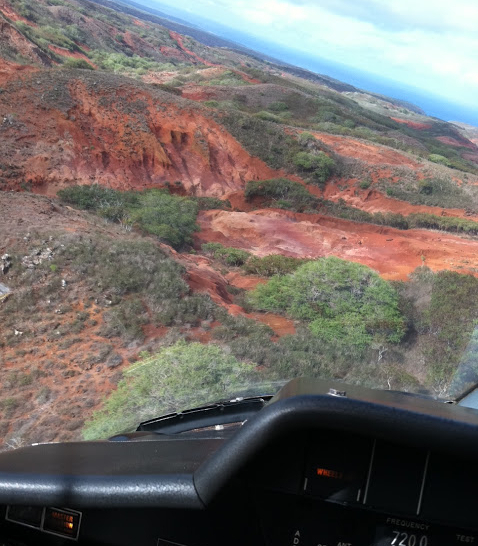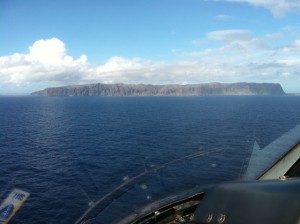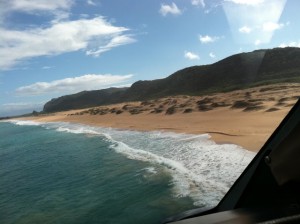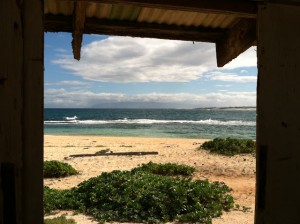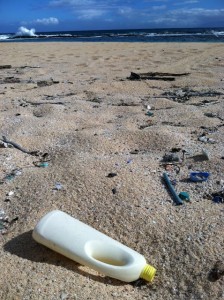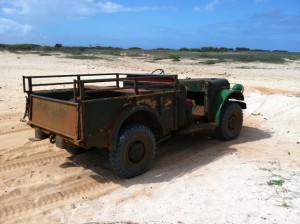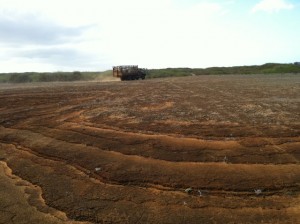For avid travelers who like to cross places off lists, Niihau is a big deal. It is nearly impossible to reach and it has a fascinating story involving a contemporary feudal society, the cause of Japanese internment, and a lot of garbage.
Hawaii, a tourist mecca, has seven inhabited islands. Niihau, off the coast of Kauai, is closed off from the rest of the world. It has no hotels, no paved roads, not even an ATM. Having visited six of the seven islands already, I plotted for years to reach Niihau. I succeeded last year.
In 1864, Elizabeth Sinclair, a Scot, bought the 6×19 mile island from the king of Hawaii for $10,000. The island has stayed with the family ever since and is operated as a ranch. Its only inhabitants are the ranch’s employees, who are all native Hawaiians. All residents live rent-free, and meat is free. There is no plumbing and there are no power lines.
The current owners of the land, the two Robinson brothers, live on Kauai. Today, about 130 people live on Niihau.
Access is controlled by the Robinsons. Inhabitants take a boat to Kauai to buy groceries and visit friends and family. The sole grade school on the island teaches in Hawaiian rather than English.
To help pay for a medical evacuation helicopter, the island’s owners allow a few people at a time to visit the secluded north end of Niihau. Contact with locals is strictly forbidden, until the day we visited.
Service to Niihau by helicopter is irregular and subject to cancellation if it needs to be used for a medical emergency or if it’s used to transport navy personnel to a radar station on the island, for which the Robinson brothers receive rent.
We land and are given three hours to beachcomb. Due to prevailing currents and the desolation of the area, the spot where we hang out contains tons of garbage from all over the Pacific Ocean. I had just read Moby Duck so this phenomenon was particularly fascinating.
When Japan attacked Pearl Harbor, a Japanese plane crashed on Niihau. A couple of residents of Japanese ancestry helped the pilot escape and wreak havoc on the local populace. This incident partly gave the American government reason to question the loyalty of Japanese-Americans and to intern many of them.
We had visited on Thanksgiving Week. One of the Robinson brothers was to deliver turkeys and sundries to his people in a borrowed navy landing craft. Due to sea conditions, he had to land it on the north end while we were visiting. He did not want us visitors mingling with the natives waiting to pick up the goods, so a local woman was ordered to pick us up in this old Dodge army truck and ferry us a quarter of a mile away. We were to wait at the new location until the supplies had been completely transferred to the locals.
And there they go, full of plastic picnic furniture, canned cranberry sauce, and frozen turkeys.
Images source: Maxichamp
